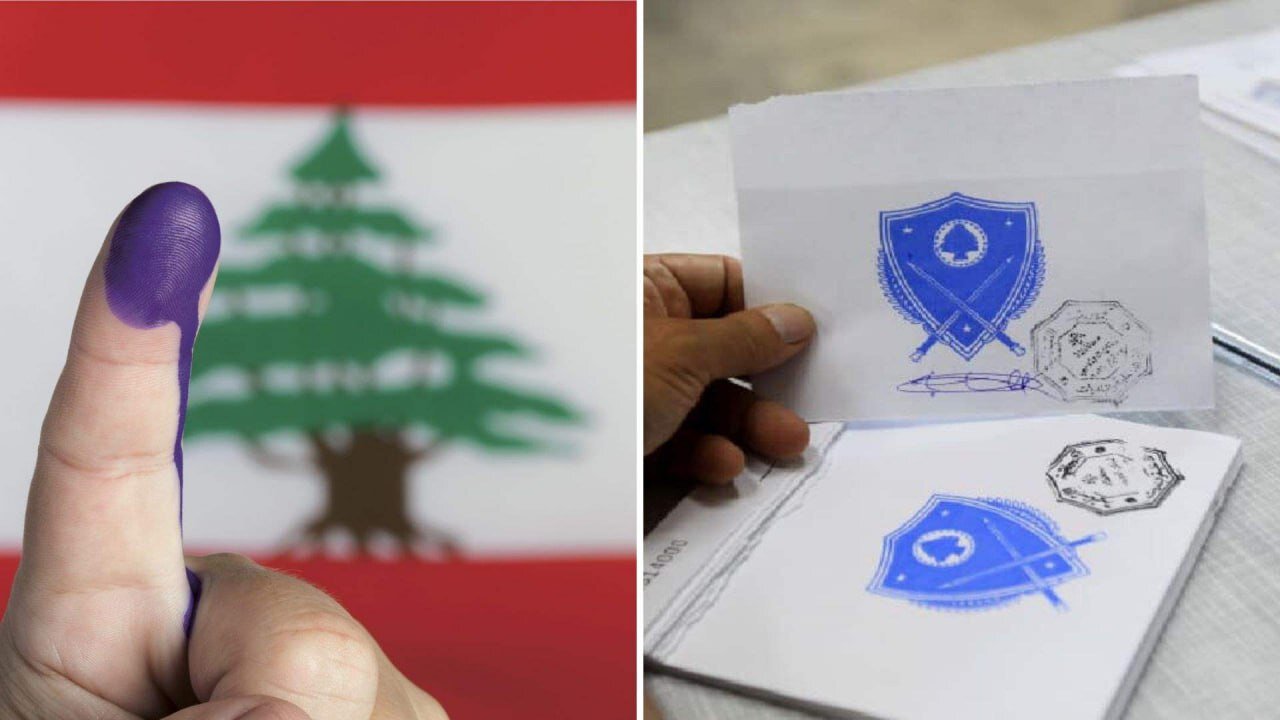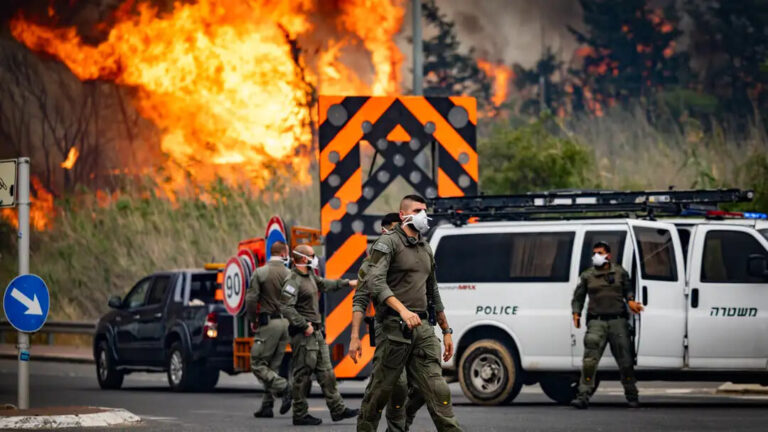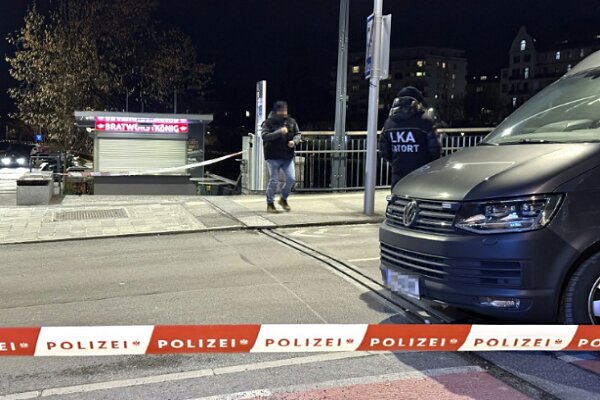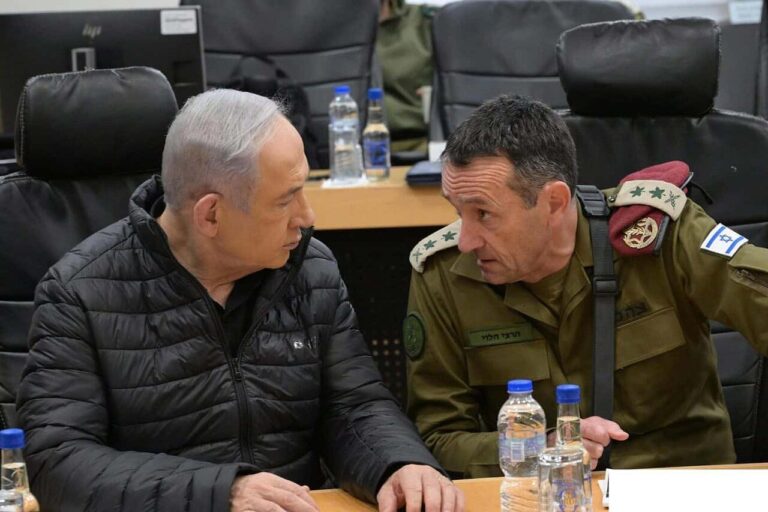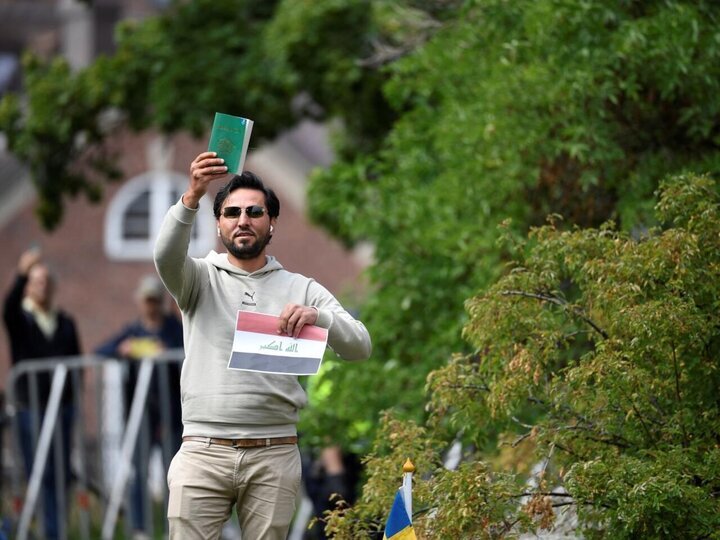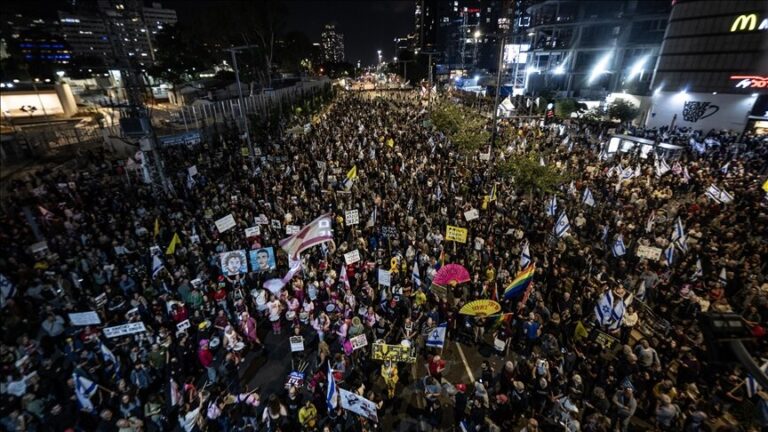Empowering Voices: Pro-Resistance Popular Referendum Gains Momentum
Municipal and Mayoral Elections in Lebanon witnessed significant developments as ballots closed on May 18 in key regions including Beirut Governorate, Bekaa Governorate, and Baalbek-Hermel Governorate. These municipal and mayoral elections were delayed twice; first in 2022 due to overlaps with parliamentary elections, and again in 2023 because of the government’s inability to secure necessary funding.
Lebanon is organized into eight governorates, which comprise 25 districts: Beirut, Mount Lebanon, the North, Akkar, Bekaa, Baalbek-Hermel, the South, and Nabatieh. The recent elections carried substantial weight, particularly in Baalbek-Hermel, which reported the highest voter turnout at 48.08%. Voters showcased their commitment with slogans such as “We are committed to our covenant with the Resistance” and “We are people of dignity and loyalty.”
In Baalbek city, the “Development and Loyalty” coalition, aligned with the Shiite duo of Hezbollah and the Amal Movement, secured a decisive victory against the “Baalbek, My City” coalition, which was backed by the Saudi embassy. Despite attempts to induce sectarian strife and manipulate voter sentiments through financial support, the “Development and Loyalty” list won by a margin of approximately 6,000 votes.
Similarly, in the neighboring town of Douris, the Lebanese Forces-backed list lost to a coalition that included Hezbollah and the Free Patriotic Movement. This outcome occurred despite evident efforts at electoral bribery and incitement. The U.S.-led Israeli aggression, which had previously failed to achieve military objectives, shifted its focus to influencing election outcomes, particularly in Beirut. However, the results defied expectations, especially after their initial failures in earlier elections held in Mount Lebanon and the North.
Despite the overall low voter turnout of around 20% in Beirut, the “Beirut Madinati” coalition gained traction, indicating a shift in voter sentiment against the incitement from various factions. Observers noted that Beirut voters became increasingly aware of the inconsistencies and failures of groups claiming to represent change. These so-called “change MPs” have often aligned their interests with the existing political oligarchy, further alienating them from the electorate.
Consequently, voters in Beirut opted for the “Beirut Brings Us Together” list, which was also supported by the Shiite duo and demonstrated an effort to maintain a sectarian balance in the capital. MP Amin Sherri, a member of Hezbollah’s Loyalty to the Resistance parliamentary bloc, commended the strong turnout, noting that the number of Shiite voters surpassed 18,000.
Lebanese Interior Minister Ahmad Hajjar actively monitored the vote-counting process in Beirut. He stated, “We will monitor the electoral process in the South next Saturday to affirm sovereignty in all its regions.”
However, the implications of these municipal elections are overshadowed by the ongoing financial crisis affecting Lebanon. Many municipalities struggle to fulfill basic needs, from waste collection to paying salaries to workers, due to widespread corruption within the political system.
In a politically charged atmosphere, these elections take on a unique significance. They occur amid persistent Israeli aggression, which has influenced local balances and alliances. For the Shiite duo, this serves as a referendum on the popular support for the Resistance and has attracted attention from various stakeholders both domestically and internationally, many of whom are speculating on the potential decline of the Resistance.
- Baalbek-Hermel Governorate: Highest voter turnout at 48.08%.
- Winning Coalition: “Development and Loyalty” aligned with Hezbollah and Amal Movement.
- Voter Sentiment: Strong commitment to regional allegiances and Resistance slogans.
- Election Manipulation: Financial efforts by the Saudi embassy failed to sway the results.
- Beirut Turnout: Low participation rate of around 20% with a shift towards the “Beirut Brings Us Together” coalition.
- Political Context: Elections reflect ongoing tensions and the impact of foreign aggression on local politics.
In summary, the recent municipal and mayoral elections in Lebanon reveal a complex interplay of local loyalties, sectarian dynamics, and the overarching influence of financial and political corruption. As the country grapples with its numerous challenges, the outcomes of these elections will likely have lasting implications for Lebanon’s political landscape.
